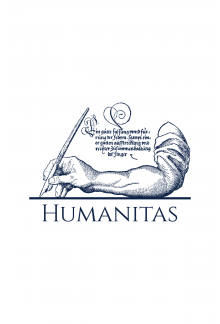- Titulinis
- Dalykinė ir mokslinė literatūra
- Ekonomika, finansai, vadyba
- Vadyba, verslas
- Handbook of Metaheuristic Algorithms

Ming-Chao Chiang
Handbook of Metaheuristic Algorithms
Balsavo 0
ISBN: 9780443191084
Autorius : Ming-Chao Chiang
Leidimo metai: 2023
Leidėjas: Academic Press
Leidinio kalba: Anglų
Formatas: Minkšti viršeliai
Formatas: 9×6
Autorius : Ming-Chao Chiang
Leidimo metai: 2023
Leidėjas: Academic Press
Leidinio kalba: Anglų
Formatas: Minkšti viršeliai
Formatas: 9×6
Kaina:
Šių parametrų produkto neturime
Likutis pakankamas
Iš leidyklos gausime per 3-5 savaitės. Galimas vėlavimas
Turime sandėlyje. Pristatymas Lietuvoje 1-4 d.d.
Iš leidyklos gausime per 3-5 savaitės. Galimas vėlavimas
Pristatymo sąlygos
Aprašymas
<p><i>Handbook of Metaheuristic Algorithms: From Fundamental Theories to Advanced Applications</i> provides a brief introduction to metaheuristic algorithms from the ground up, including basic ideas and advanced solutions. Although readers may be able to find source code for some metaheuristic algorithms on the Internet, the coding styles and explanations are generally quite different, and thus requiring expanded knowledge between theory and implementation. This book can also help students and researchers construct an integrated perspective of metaheuristic and unsupervised algorithms for artificial intelligence research in computer science and applied engineering domains.</p> <p>Metaheuristic algorithms can be considered the epitome of unsupervised learning algorithms for the optimization of engineering and artificial intelligence problems, including simulated annealing (SA), tabu search (TS), genetic algorithm (GA), ant colony optimization (ACO), particle swarm optimization (PSO), differential evolution (DE), and others. Distinct from most supervised learning algorithms that need labeled data to learn and construct determination models, metaheuristic algorithms inherit characteristics of unsupervised learning algorithms used for solving complex engineering optimization problems without labeled data, just like self-learning, to find solutions to complex problems.</p>
Atsiliepimai (0)
Palikite atsiliepimą
